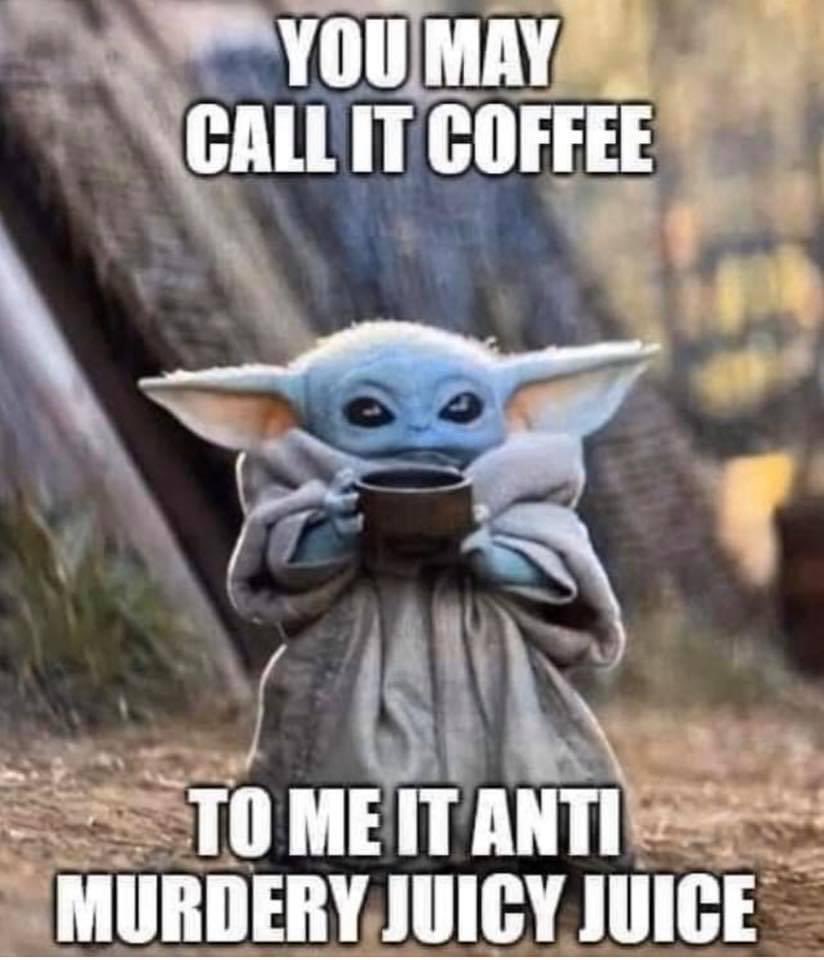This is a really interesting, reflective time of the year. Yesterday was Halloween that has its roots in an ancient Celtic celebration called Samhain (a Gaelic word which is surprisingly pronounced “Sow-win”) which honored the harvests of the year, and was believed to be a time of a thin veil between the living and the dead. Today starts the Mexican tradition of “Day of the Dead” which is a joyous celebration of fondly remembering our ancestors. So, at this transitional time of year when our plants are shedding leaves and the blooms and harvests of the year are already stored and the plants are dying off and preparing to go into the deep, dark sleep of winter, it brings key questions to mind that can help us to live our lives more intentionally. Here are some of the questions that I am pondering for myself at this time of year. Please add any of your own questions and ponderings that could be insightful and helpful to all of us, in my Comments section.
What are the blessings and the traditions that my ancestors started that are important for me to honor and to carry on, and to instill into my own life and into the life of my family?
What are the “curses” and false beliefs of my ancestry that I need to be strong enough to change and to discontinue and to discourage in my own habits and in the lessons which I give/show/impart to my family as their matriarch?
What did I harvest this year, and what fruits did this harvest bear? Do I want to plant the seeds for the same kind of “harvest” next year, or are there some regular, well worn “crops” that have bore their fruit/lessons and now need to be retired? What are some new seeds that I can plant to bear growth in my life in new ways? How can I keep the soil of my life, fertile and alive?
Do I feel and show my most sincere gratefulness for the harvests of my life to my God/Universe/Lifeforce and to my ancestors who paved the way before me? Do I respectfully seek daily guidance from God/Universe/Lifeforce and from my ancestors and my guides?
Are the crops that I am growing and reaping every year sustainable? Are they harmless, or are they harmful to me and/or to others? Am I generous with what I have reaped?
In recovery circles, or for people dealing with difficult behaviors that they want to change such as eating disorders, or gambling addictions, being intentional and focusing on the future consequences of our actions is a huge part of overcoming problems. Addicts are told to “Think the drink/drug/bet/compulsion/impulse to the end.” Meaning, before you do what you desperately are wanting to do in the moment (or perhaps even avoiding doing a “good thing”), honestly consider the consequences of what may happen/what is likely to happen/best and worst case scenarios, etc. and ask yourself if you can live with these consequences. What feels good for a brief moment, could easily end up being life destroying in the end. In short, are your actions taking you towards your goals, or are they taking you away on dangerous, wayward paths?
Taking the time to ponder what went right this year, what went wrong this year, what could have been better this year, and to honestly consider and to own what part we, as individuals, played in any of these events and what came out of these events, is living intentionally. Considering the overall ramifications of things that we choose to do or to say before we do them, is living intentionally. Living intentionally makes us powerful farmers of our own harvests. Before the crazy hubbub of the holidays starts to really kick in, give yourself an early holiday gift. Give yourself the gift of reflective intentionality. Write your intentions down so that you can refer to them, when you get busy planting your seeds in the new year. Make sure that you are growing in the direction of your own choosing. Wrap what you thoughtfully considered and desire in the new year, and tie it up in a proverbial bow. Know that this is the best, most thoughtful and useful and probably priceless gift that you will receive all holiday season. You deserve this gift from yourself. You will use it daily, and all year long. And next year at this time, you will have a beautiful harvest to show for it.
Are you passing on love or are you passing on pain? Heal your pain and pass on love.





